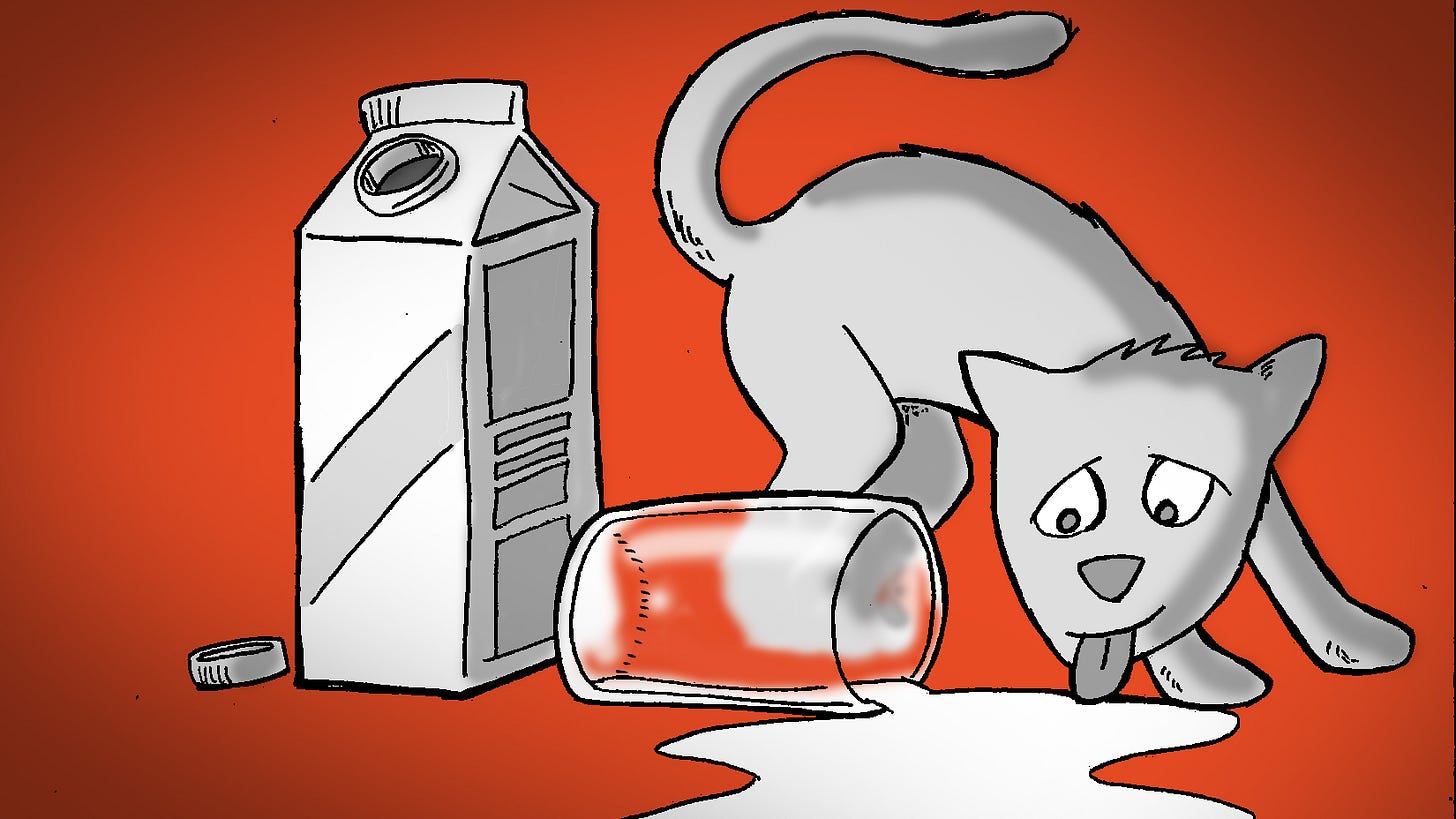Owning Mistakes
The beauty of best practices
The essay that once appeared on this page was originally called Cognitive Ease Wiz, a playful book report on Dr. Daniel Kahneman’s influential work, Thinking Fast and Slow. While the essay was not completely off-brand for Advocate Craft, it was meant for another passion project of mine: The Unknowable Truth. The essay explores the psychology that describes how people decide what to believe. While that’s a relevant topic for legal advocates—especially trial attorneys—the tone of the article was more lively than I prefer to cultivate here. If you read it, you’ll understand. I have several Substack channels, and I published Cognitive Ease Wiz here by accident.
I made a mistake.
As a litigation consultant for civil plaintiff lawyers, a big part of my job is fighting to ensure big corporations acknowledge their mistakes and take accountability for them. But corporations are run by people, and people don’t like admitting their mistakes—they certainly don’t like paying for them. However, anyone who refuses to recognize a blunder cannot learn from their error and is doomed to repeat it. The most satisfying victories in civil plaintiff law usually come from settlements that include a commitment from the defendant to make meaningful changes that will prevent a similar catastrophe in the future.
Those meaningful reforms usually involve creating new policies and safety protocols, often called “best practices.” I once encountered a hospital group struggling with post-operation infections. A comprehensive review revealed that not everyone entering the operating rooms was washing their hands. These individuals would handle something the surgeon would touch, leading to post-operation infections.
To address this, hospital administrators instituted a best practice requiring everyone who entered an operating room at any time—for any reason—to wash their hands. Once, while giving a facilities tour, the host doctors, by force of habit, washed their hands before entering an empty operating room. Curious, the visiting doctors asked why. The hosts replied, “Because it slashes our post-infection rate, and it saves lives.”
In my business, I often distribute sensitive litigation-related press notices. Every message must conform to ABA Rule 3.6 on trial publicity, and I must be extra careful not to ever send confidential information. (I’ve never made this mistake, but an opposing party did, and I swore it would never happen to me). Mishandling extra-judicial press in high-stakes litigation can have catastrophic consequences. To keep the chance of error as close to zero as possible, I’ve established a series of best practices.
With every press notice, I scrutinize each sentence to judge whether it conforms with trial publicity rules. I quote directly from public documents as often as I can. I keep separate drives for confidential materials and public records. Whenever I can, I send public records obtained directly from the court clerk rather than distributing an internal copy. I never send documents or on-the-record statements without a specific green light from my client. I actually make clients write the words “GREEN LIGHT” in the email so there is no ambiguity. Finally, I send each message individually rather than using mass emails. This approach allows us to catch and fix any overlooked errors, such as typos, and the mistake is not multiplied by all the people on the mailing list.
Substack automatically sends emails to subscribers, so I don’t have the option of sending them one at a time—nor would it be practical. Substack does, however, have the option of sending a test email before publishing—so I’ll be doing that from now on. I’ll also add “Are you posting to the right Substack channel?” to my publication checklist. I won’t make this mistake again.
I don’t trust people who don’t own their mistakes. Charley Munger, cofounder of Berkshire Hathaway, once had an employee come to him to admit they made a $200,000 mistake. The employee explained why the mistake happened and how they would keep it from happening in the future. Munger gave the man a promotion.
Ray Dalio, founder and Chief Investment Officer of the hedge fund operator Bridgewater Associates established a communal error log in his company. If an employee made an error that cost money and recorded the mistake in the log, they wouldn’t be fired. However, if the company discovered an unreported error—that was unforgivable.
Like Charley Munger and Ray Dalio, catastrophic injury attorneys operate in a high-stakes field where millions—and sometimes billions—of dollars are at stake. Mistakes are expensive. Yet, mistakes are inevitable. If associates and paralegals (and even partners) are too terrified to admit their mistakes, they may be inclined to ignore and conceal them, which will only cause the mistakes to compound. Successful teams cultivate an atmosphere that allows people to make errors—as long as they own up to their mistakes and take measures to ensure they don’t happen again.


